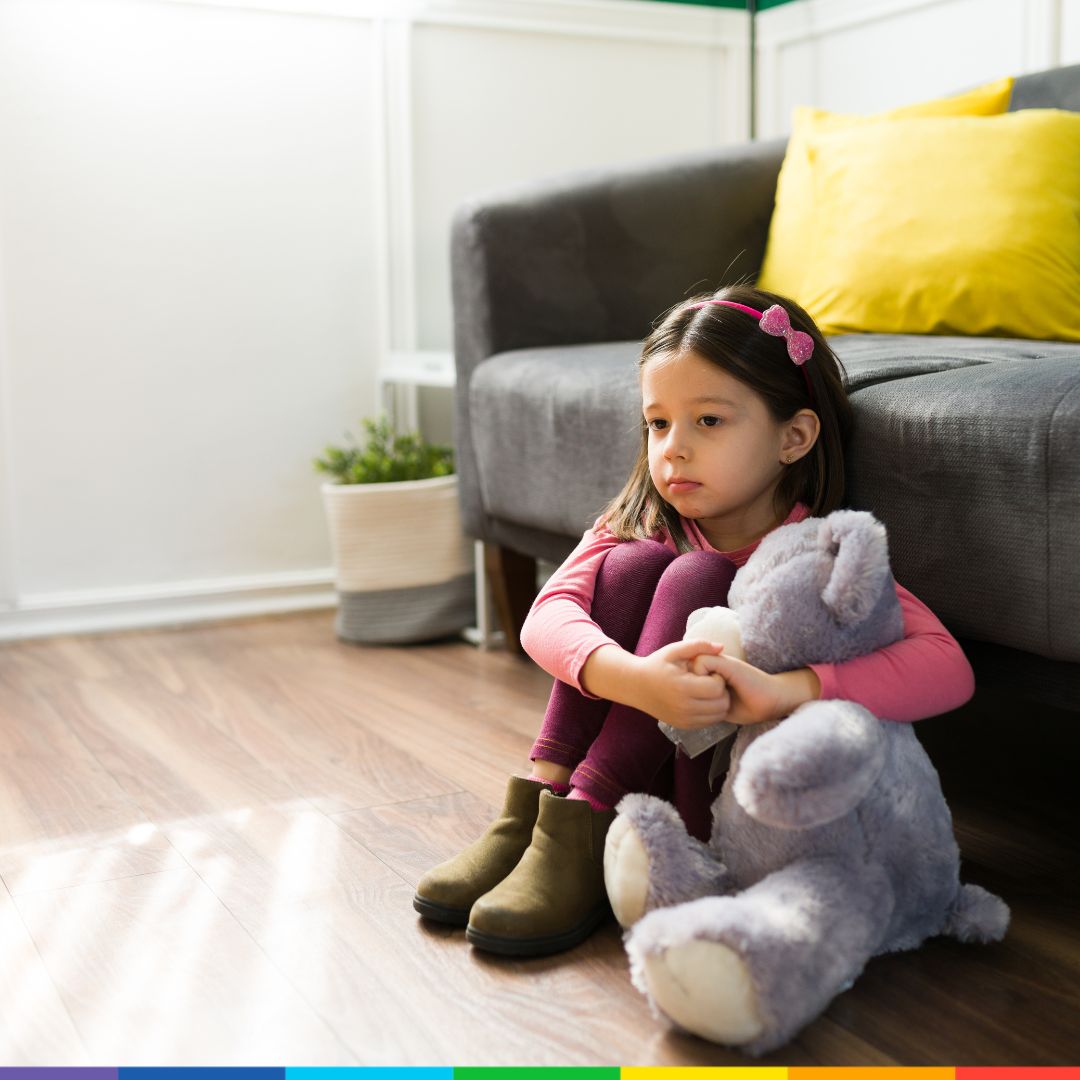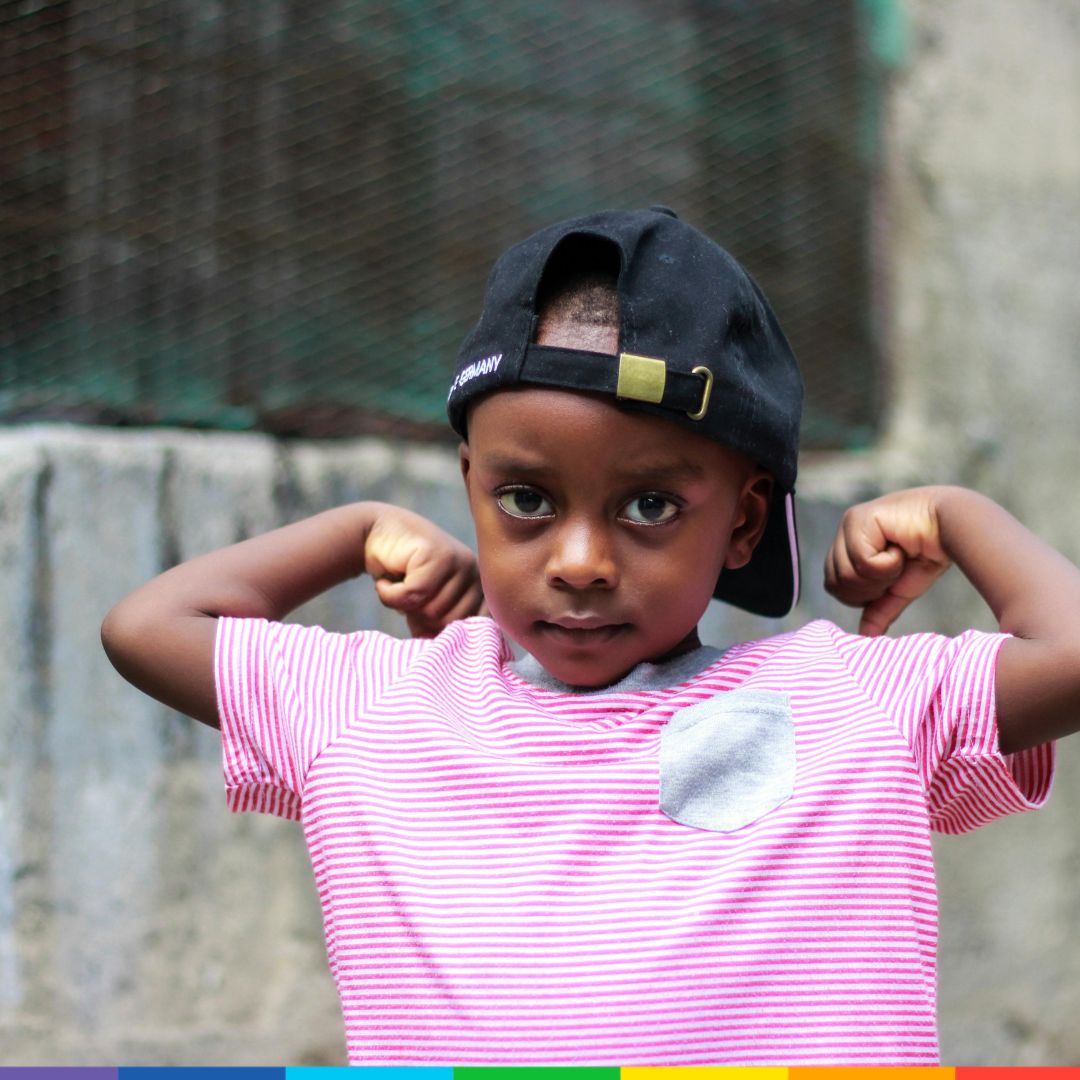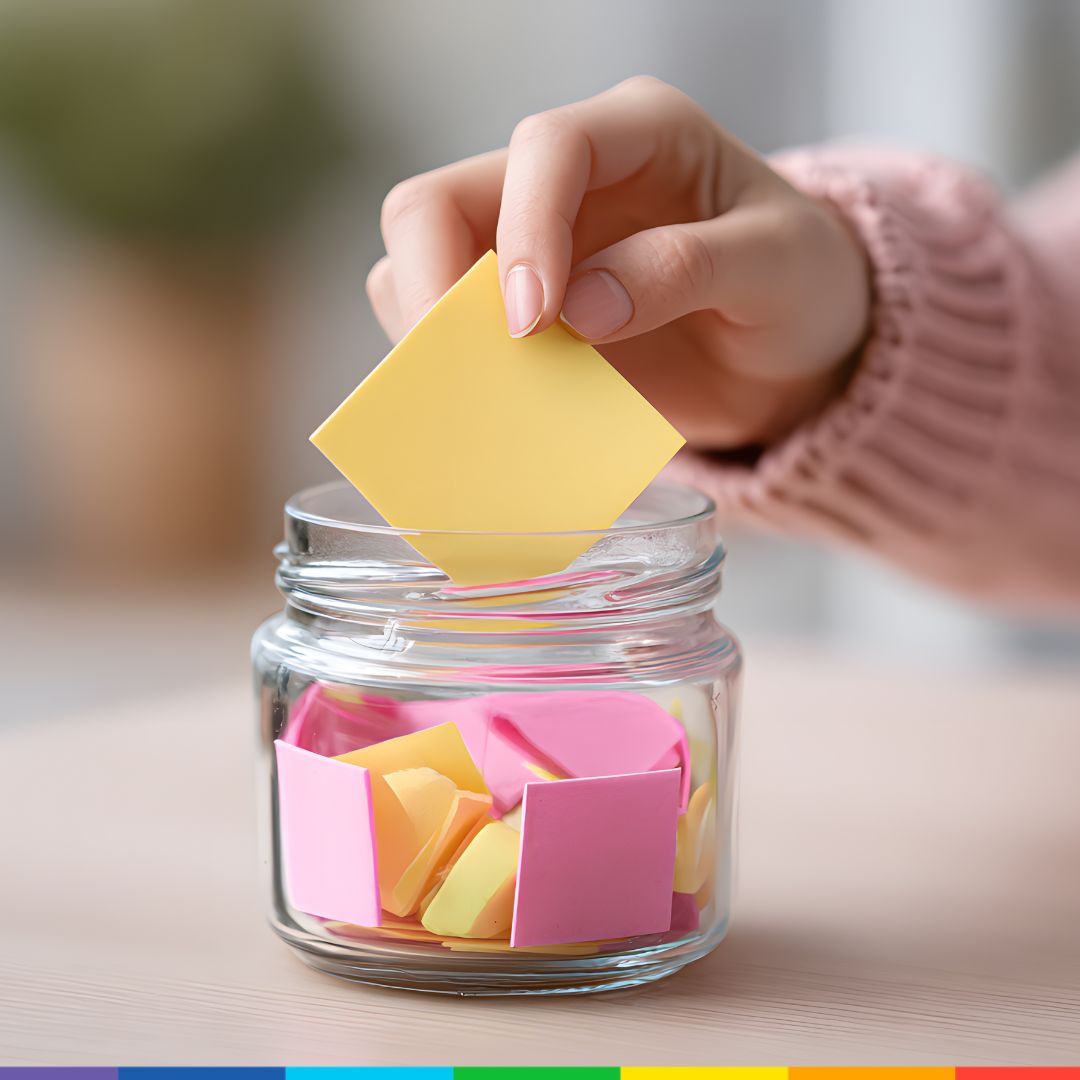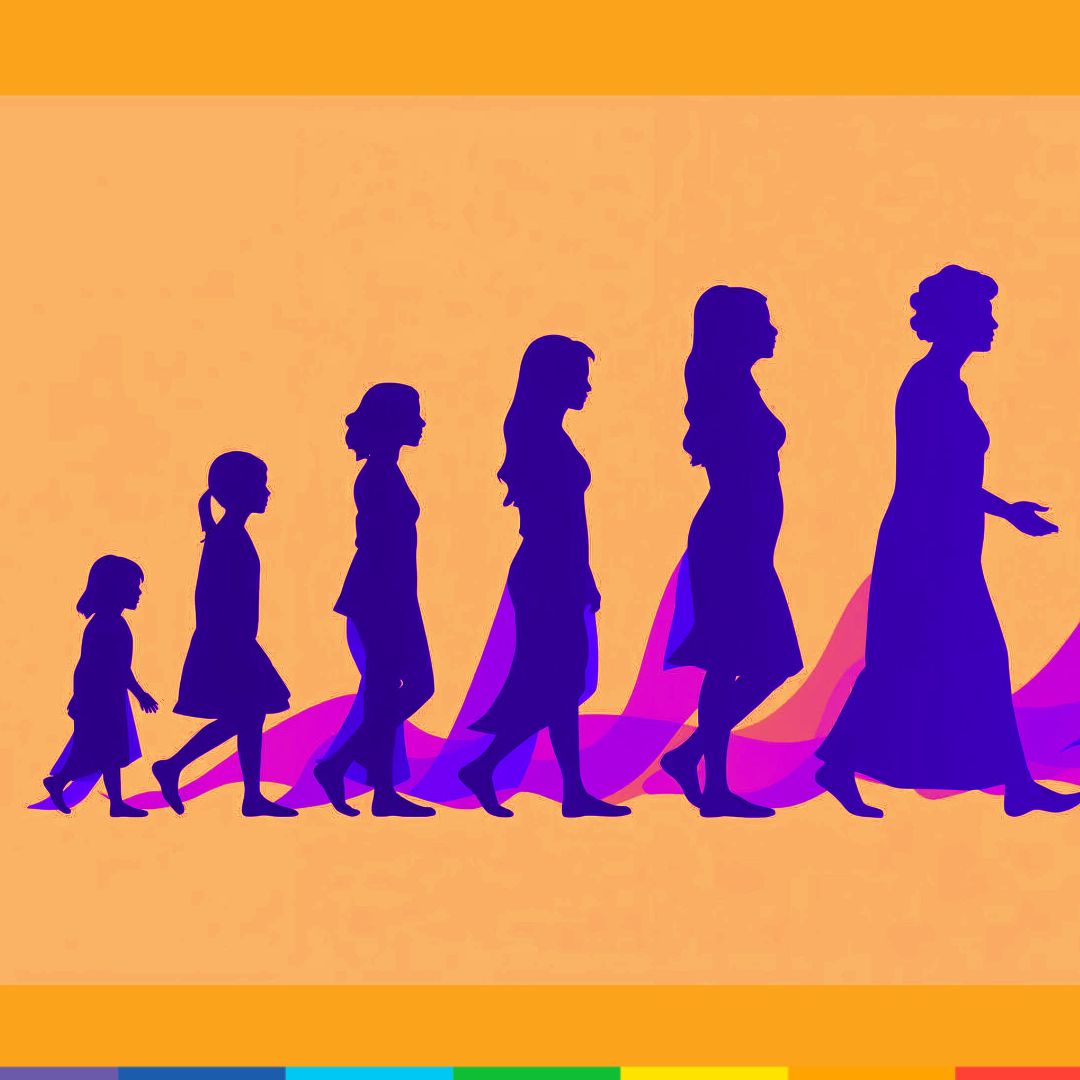
Parenting Tips
Infants Love to Eat Everything – Myths and Facts
July 14, 2022
Related
Topics

Hey
-

Big Feelings – Helping Kids Handle Them : Best Tips 101
February 25, 2026
-

How to Build Confidence in Shy Kids: 12 Evidence-Based Tips
January 26, 2026
-

How to Teach Emotional Regulation to Kids (Aged 3–8)
January 15, 2026
-

5 Ways to Nurture SEL at Home (Fun Activities)
January 1, 2026
-

How Early Social Emotional Learning Help in Successful Life?
December 11, 2025
Ready for more?
Hey
Sign up for Rainbow Kiddies newsletters for more stories and updates
Why do infants love to eat everything? A lot of myths and facts have been doing the rounds around this topic. Let us try to debug and understand some of them.
It looks so cute when they push those little chubby fists right in there and start sucking at it. Gradually they start to eat their little toes; your hands, face, hair, and almost everything they can lay their hands on.
When my baby sucked on her thumb as an infant, I used to promptly remove it. Back then I had no clue about what was going on. Most of my relatives guided me to take her thumb out, or snatch the toy away while she was savoring them. They were worried about the bad habits she might acquire or the variety of germs she might get into her body. She definitely protested by breaking into tears and wails every time I misbehaved.
More on Why Infants Love to Eat Everything:
- A Little on Child Development
- The moment they can grasp their first object, where does it go?
- Baby’s trick to build immunity
- Teething and mouthing
- Mouthing and possible hazards
A Little on Child Development
As per Jean Piaget’s cognitive development theory, they learn and develop fast as infants (0 to 2 years). This is when most of their sensorimotor development happens. They are busy adding onto their cap of feathers and this one is just so important. When they are born all they have are the inborn reflexes like sucking and gazing.
Their eyesight takes time to fully settle in. Initially they cannot see beyond eight to ten inches from their face. Their neck is not upright until 4 months usually. Lying down most of the time, the first action that generally finds them most pleasure is thumb sucking. And yes, like most pleasure-giving actions this one gets repeated too.
All they can do with their hands until 4 months or sometimes even until a bit later is suck and pat themselves or whoever is holding them. Well, if you try to hand over rattles to them at this stage, they will aim it at all the wrong places, mostly being their own face. Their ability to grab, grasp and hold is only developing gradually. Until they learn to hold the rattle, you will be required to serve that duty. Meanwhile, have fun watching them move to the rattle’s beat.
Rolling over is a giant milestone for the little one!
Once they start rolling over, their area of vision, reach and coordination also improves a lot. They start working harder on their eye-hand coordination. If you must have noticed they try really hard to reach for anything that you may display in front of them. They seem to look carefully at small dust particles or passing insects. They might be unable be catch them yet, but they will watch carefully. It almost seems like they are aiming for it, but unable to assess the distance or their ability to actually go for it. They must be simply working hard on their hand-eye coordination.
Meanwhile psychosocial development is also something that you need to know about when you have a baby. Hop on to our post on the same after you are done with this one.
The moment they can grasp their first object, where does it go? – Remember, infants love to eat!
No extra points for the right guess. Yes, it goes to the mouth. You may think it is occasional, but with time you will realize that occasional is not the right word. They become unstoppable.
As per doctors, the surfaces in their mouth are more sensitive than any other sense in their body. Their first step when it comes to examining or exploring a new palpable object is by inserting it in the mouth. That helps them understand the texture, nature, temperature, taste – quite a lot about the object. Ensure that you do not leave anything with sharp edges around them. I remember once my baby was playing with a rattle that seemed smooth to us adults, but she ended up hurting her mouth with it.
They are also constantly checking if the object that has been captured is edible or not. They tend to have a liking for sweet food at this stage, so they will definitely not like what they are tasting, but be careful to check the contents of your toys. Toys with lead contents are not suitable at any age, and for this age group especially (since they mouth their toys). When you reuse toys that were used by your older kids check to ensure that the plastic or rubber is intact and not spoiled. Wash all the mouthed toys at the end of the day and leave for drying before being attacked again.
Baby’s trick to build immunity
Toys, hands, feet, other people’s hands and faces will often have germs. Through mouthing mechanism they are unknowingly building some immunity too. So next time you snatch something (which generally seems clean) under the pretext of germs, remember about immunity. While infants love to eat everything they are also unintentionally building that very much needed immunity. Having said that, please do not expose them to toys that are clearly soiled and need cleaning up. If you see them crawling quickly behind something that seems invisible to your grownup eyes, there is a very good chance that they are chasing some tiny insect or ant. Time for action!
Teething and mouthing
Another stage at which they bite at objects and sometimes cry along is when they are teething. It is supposed to be a painful process – sore gums and tiny teeth fighting their way out. You can get teethers which can be cooled and filled with fruit sticks, etc. These may feel soothing at this stage.
I remember being told by a few relatives that children have fever and diarrhea when they are teething. My child’s pediatrician later corrected me by explaining that while teething they tend to bite at almost everything, contract germs, viruses, bacteria and everything they can possibly collect. That is the actual reason for fever or diarrhea, not teething itself. So, infants love to eat everything and anything when they are teething.
Mouthing and possible hazards

Just realized that this post on why infants love to eat everything turned out to be rather long. I still have something to share though. Be wary of choking hazards, especially if you have older kids in the house. Their toys might have small parts that could be dangerous if eaten. Large pieces of fruits and vegetables can be unsafe too. Keep adult and pet food out of reach. Same goes for hot foods and drinks, candies, and nuts. Sand, dirt, mud can also be harmful. Keep constant watch when you take them out to the beach or in the park.
Stale crumbs on the floor, pet litter, etc., are other stuff you should look out for. Basically if you have an infant in the house, make sure the house, floor, bed and any other area they are in is clean, safe and babyproof. Take out some time to learn about basic first aid for choking babies.
In case you have to leave them unattended for a few minutes leave them in their play pen or cradle. Once they start walking even these may not be very safe options. If you have no helping hand, there is a very good chance that you will have company while bathing, peeing, pooping and yes, this friend is going to be your best friend for the longest while.
Have fun while the good times last!
Sign Up for your Free Parenting Guide: “10 Everyday Ways to Raise an Emotionally Strong Child”




